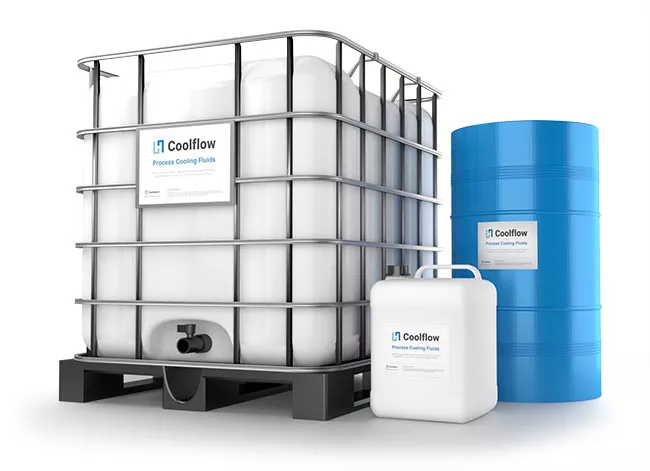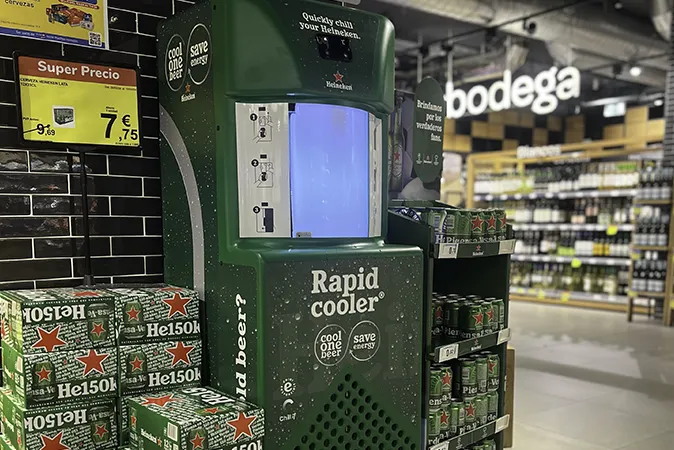Background:
When the Apple Growers Association (AGA) discovered leaks in their 10-year-old secondary cooling system, Orchard Cooling – chilled fruit storage specialists, were called in to investigate and provide the most effective solution.
Orchard’s initial investigations confirmed AGA’s secondary cooling system had traditionally used a salt brine secondary refrigerant (heat transfer fluid). Based on previous experience with brine chillers, Orchard suspected they were looking at a significant corrosion issue.
Consultants, design engineers and installers are more than aware of the potential pitfalls of a brine (salt) based cooling system. While aqueous salt solutions could initially be perceived as a cost-effective option, they can be the cause of expensive, potentially catastrophic failures after a relatively short period of time.
With a reputation for being a high maintenance option, salt-based brines are particularly corrosive if they are not kept in check. Recommended corrosion inhibitors must be added and monitored (along with pH levels) on a regular basis to prevent an acid condition occurring in the system.
Solution:
The full extent of the damage to system components became evident following a system drain-down, with strainer and isolating valves being particularly corroded and in need of replacing. The damaged internal working parts of the circuit were swapped out and Orchard recommended charging the cooling system with Hydratech’s Coolflow DTX®.
Unlike salt-based heat transfer fluids, non-toxic Coolflow DTX® has low corrosivity. It is also formulated with long-life multi-metal and multi-function inhibitors (which exceed ASTM & BS corrosion standards), to prevent internal corrosion, scaling and biological fouling. The innovative hybrid glycol was introduced in 2010 as a high-performance secondary refrigerant, suitable for replacing propylene glycol and salt brines in food and cold storage cooling systems.
Orchard’s engineers flushed the system with clean water several times to achieve a neutral pH and introduced the Coolflow DTX®. As a result of the retrofit - from salt brine to DTX - Orchard are confident the glycol-based system will provide AGA with a more reliable, efficient system.
Key Takeaways:
Salt-based heat transfer fluids (brines) are particularly corrosive if they are not kept in check. Coolflow DTX® has low corrosivity and is formulated with long-life multi-metal and multi-function inhibitors (which exceed ASTM & BS corrosion standards), to prevent internal corrosion, scaling and biological fouling.
The list of Coolflow DTX® adopters is now extensive and includes a host of well-known companies from the food and beverage sectors including, Hovis, DairyGold, Morrisons, Diageo, Thatchers Cider, Molson Coors, BrewDog, Eli Lilly and Co-op.
















